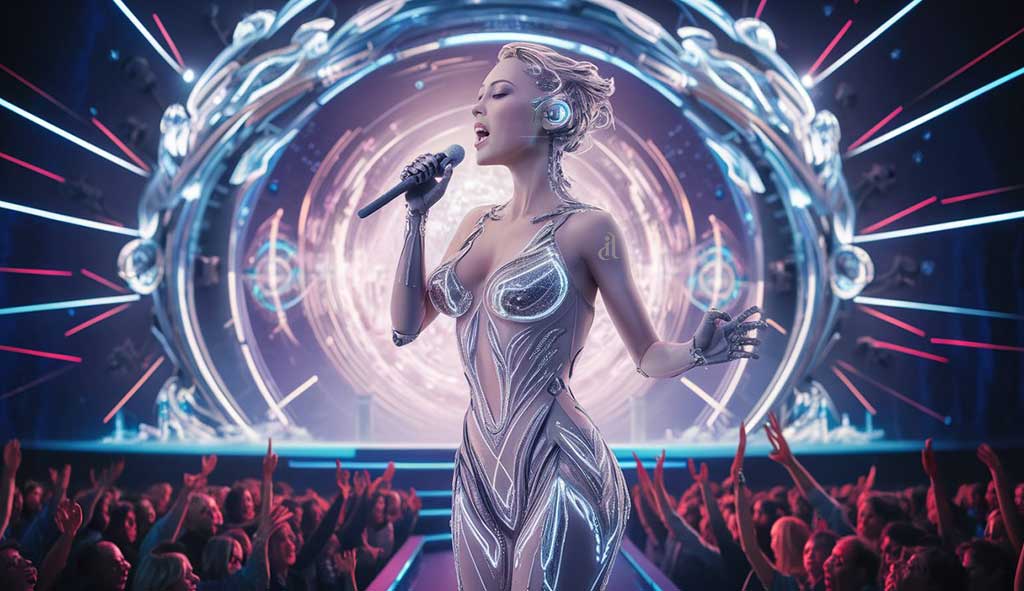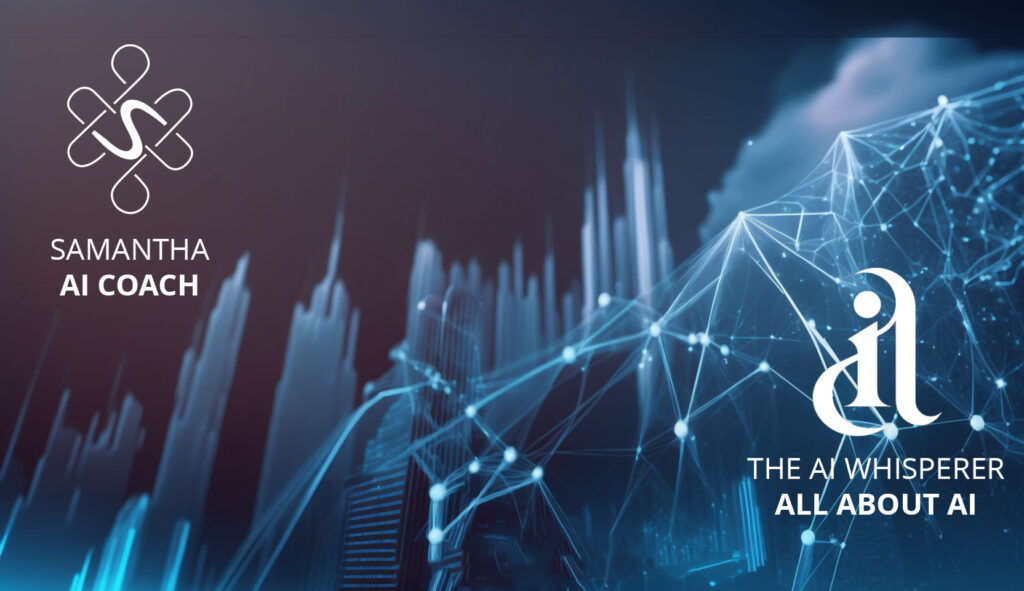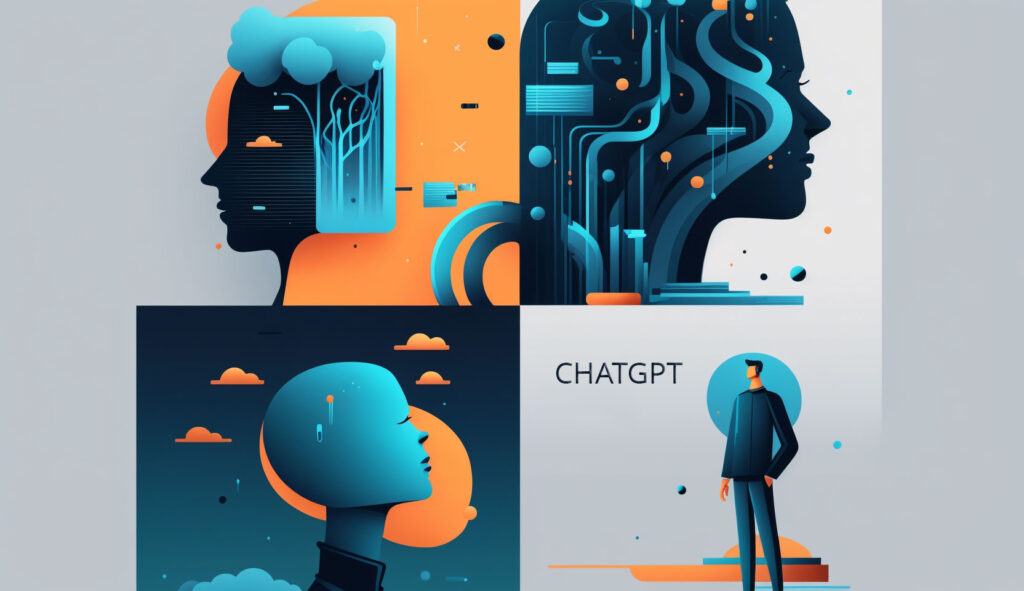The US-based Artist Rights Alliance (ARA) has brought together over 200 prominent artists, including Billie Eilish, J Balvin, Nicki Minaj, and Stevie Wonder, to sign an open letter addressing the growing threat of artificial intelligence (AI) technologies in the music industry.
The letter acknowledges the potential of AI to „advance human creativity“ and provide „new and exciting experiences for music fans.“ However, the artists express deep concern over „some of the biggest and most powerful companies“ in the AI space who are „without permission, using our work to train AI models.“ This, they argue, is „directly aimed at replacing the work of human artists with massive quantities of AI created ’sounds‘ and ‚images‘ that substantially dilute the royalty pools that are paid out to artists.“
The Threat of Unchecked AI
The artists warn that „unchecked, AI will set in motion a race to the bottom that will degrade the value of our work and prevent us from being fairly compensated for it.“ This sentiment echoes the ongoing struggles of musicians in the streaming era, where their livelihoods are already under threat.
The Call for Protections and Accountability
The ARA open letter calls for immediate action to protect artists‘ rights and the music ecosystem. Specifically, they demand „protections against the predatory use of AI to steal professional artists‘ voices and likenesses; violate creators‘ rights, and destroy the music ecosystem.“ The artists also directly address „AI developers, technology companies, platforms and digital music services,“ urging them to „pledge that they will not develop or deploy AI music-generation technology, content or tools that undermine or replace the human artistry of songwriters and artists or deny us fair compensation for our work.“
The Rise of Generative AI Audio Tools
Amidst this growing tension, the recent launch of Udio, a generative AI audio tool, has further fueled the debate. Udio and similar technologies, such as Suno, Audioshake, and Stable Audio, are part of the broader landscape of AI audio tools that are transforming the creative landscape.
These AI-powered tools allow users to generate, edit, and enhance audio content, including music, soundtracks, voice narration, and more. This democratization of audio production has the potential to disrupt traditional music creation and distribution models.
The Ethical Considerations
While the capabilities of these AI audio tools are impressive, they also raise important ethical concerns. The ability to clone human voices and create AI-generated narration or voiceovers raises questions about the impact on human voice actors and the potential for misuse.
The Future of Music Creation
As the battle over AI music rages on, it’s clear that the music industry is at a crossroads. The artists‘ open letter represents a powerful call to action, demanding that the development and deployment of AI technologies in music be guided by principles of fairness, transparency, and respect for human creativity.
The rise of generative AI audio tools like Udio presents both opportunities and challenges. While these technologies have the potential to democratize music creation and enhance the creative process, they also threaten to undermine the livelihoods of professional artists and disrupt the delicate ecosystem of the music industry.
Ultimately, the outcome of this battle will shape the future of music creation and consumption. The artists, AI developers, and industry stakeholders must come together to find a balanced approach that fosters innovation while protecting the rights and interests of the creative community.


